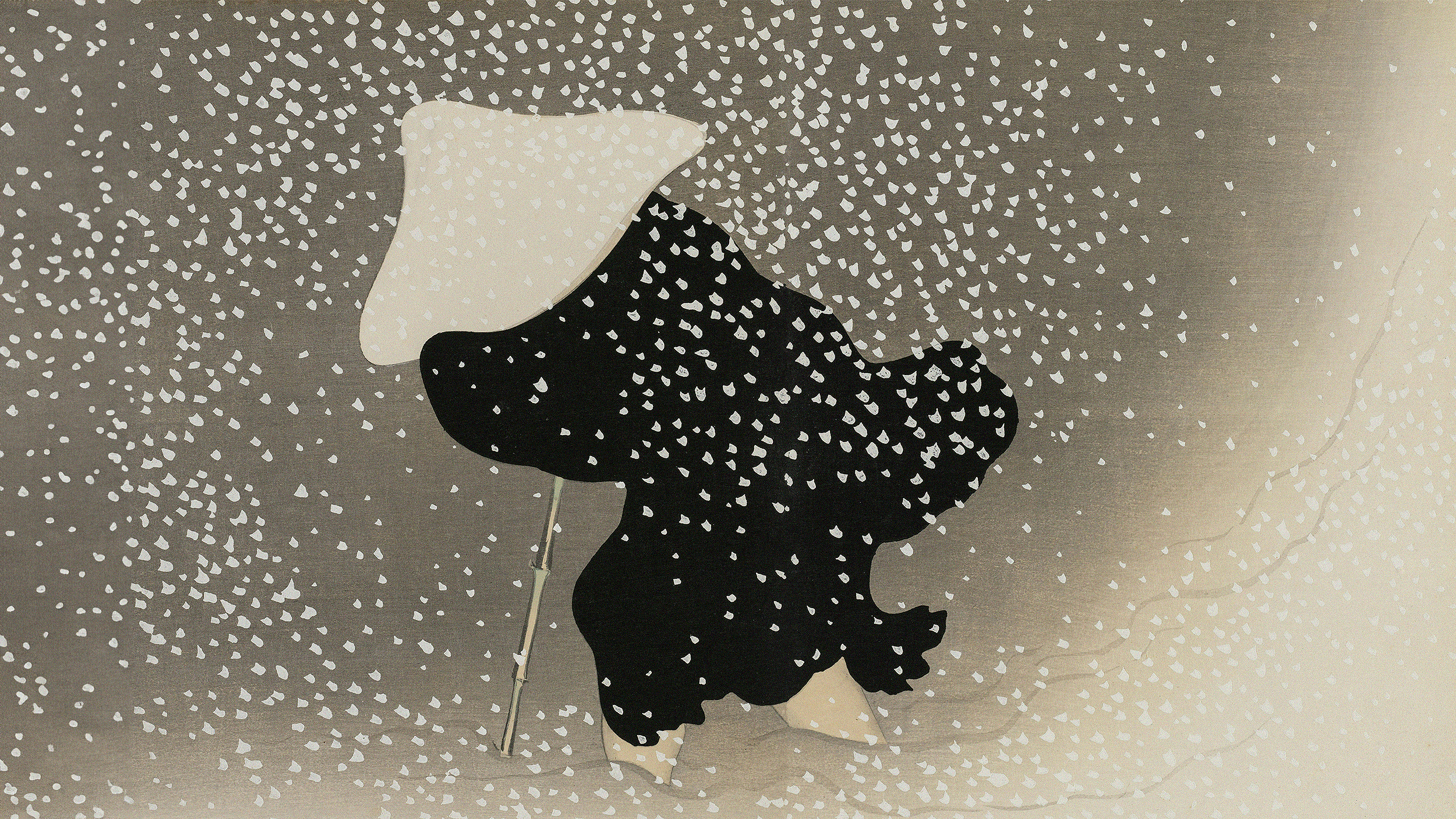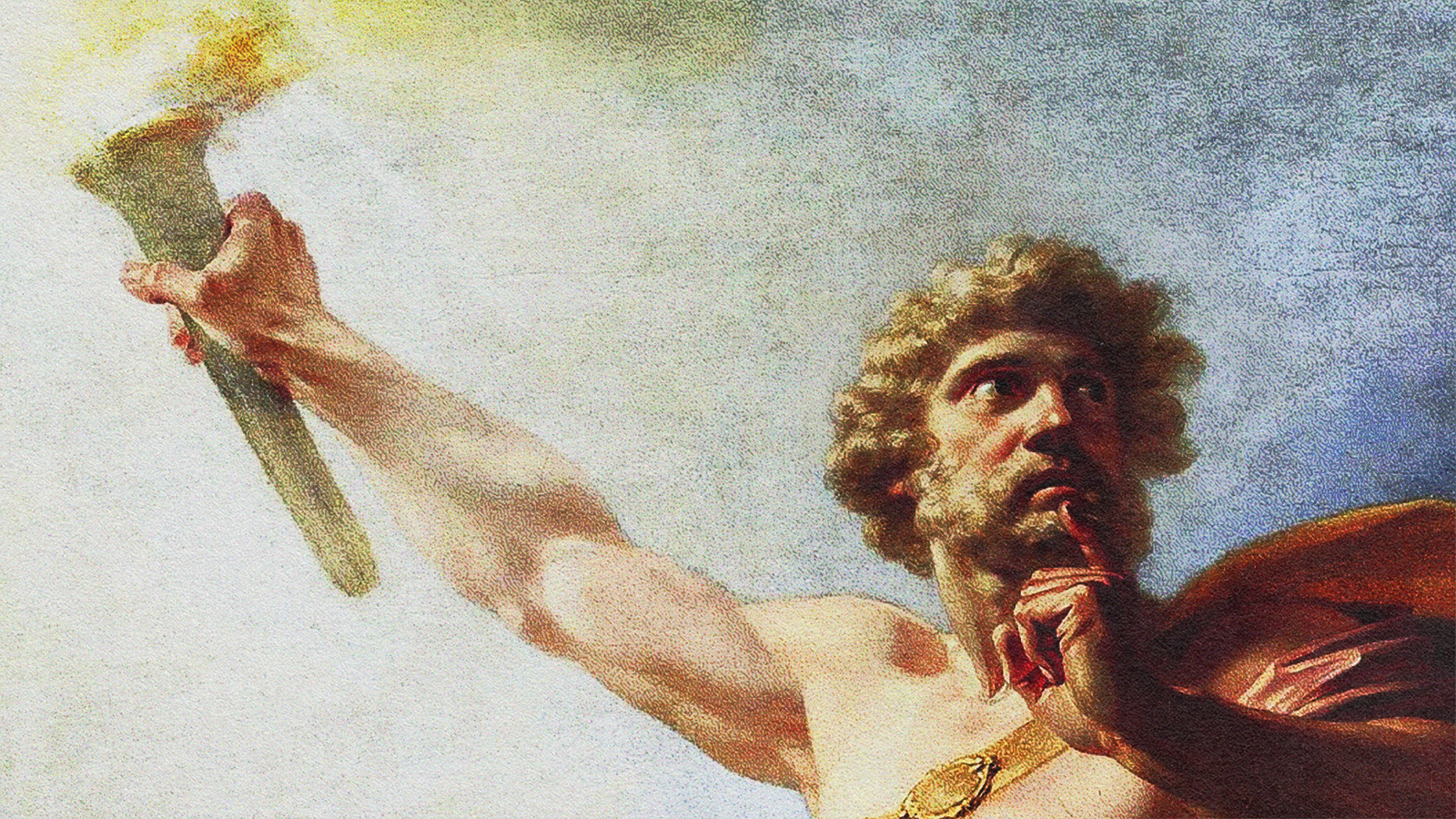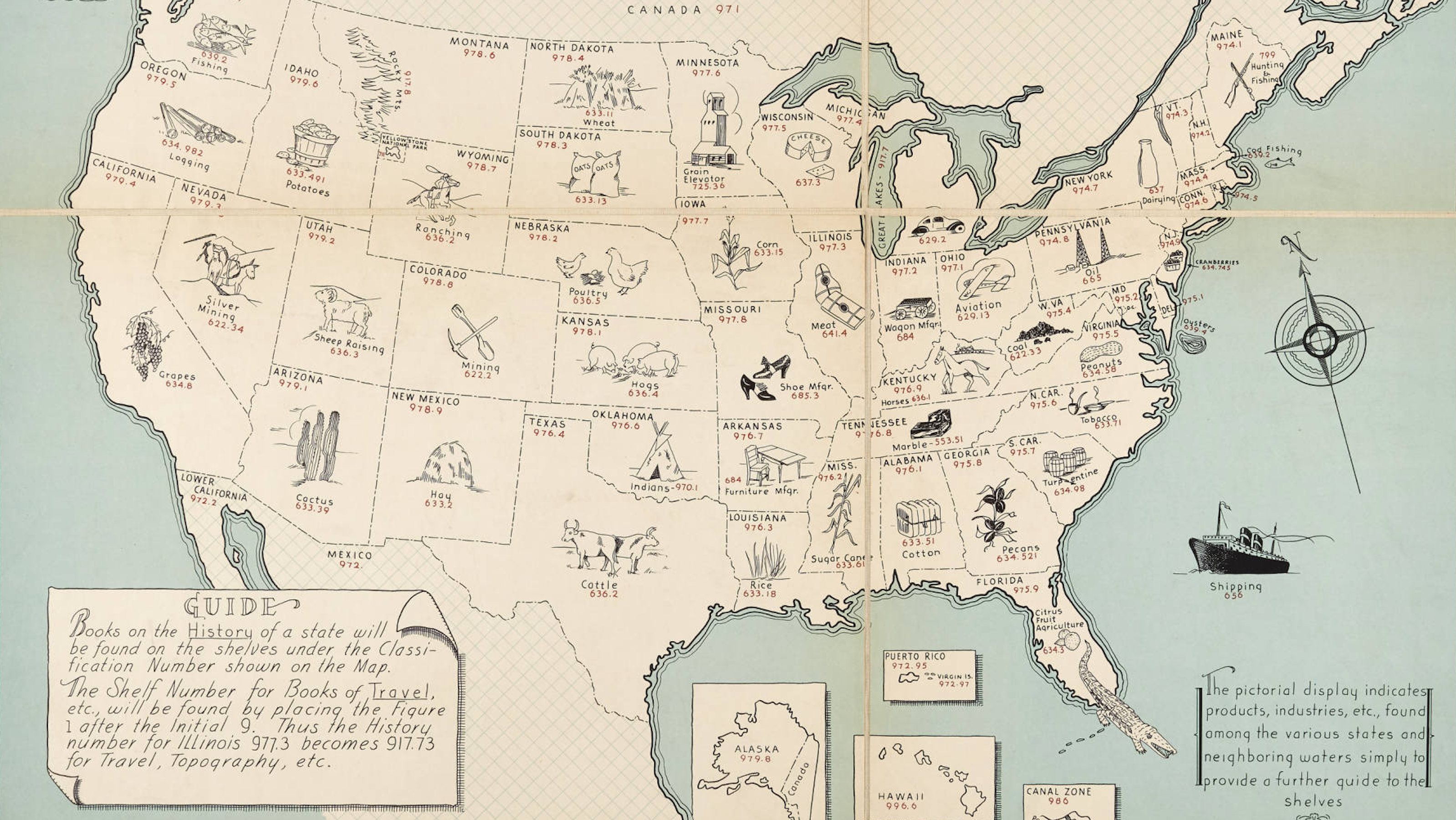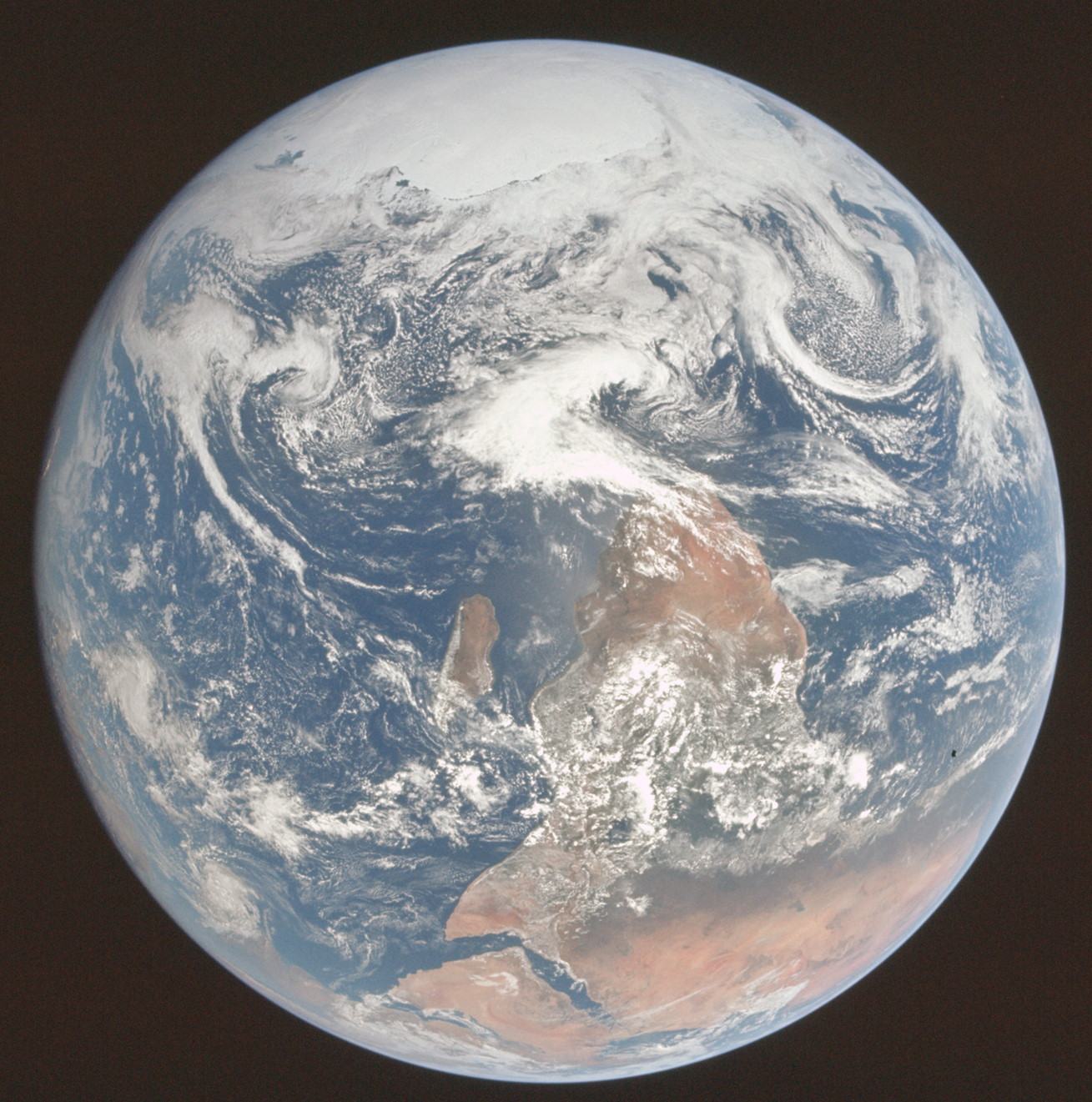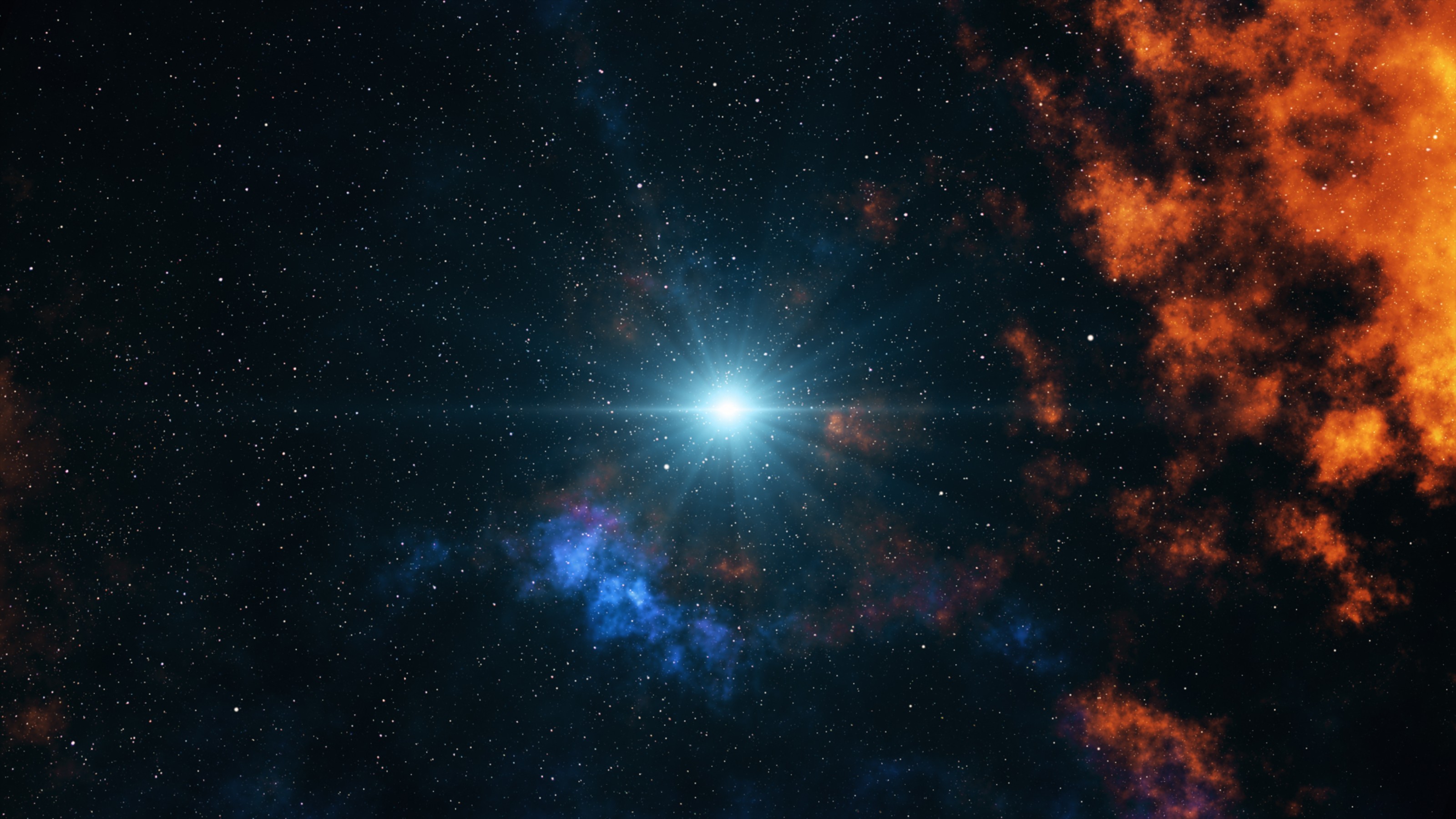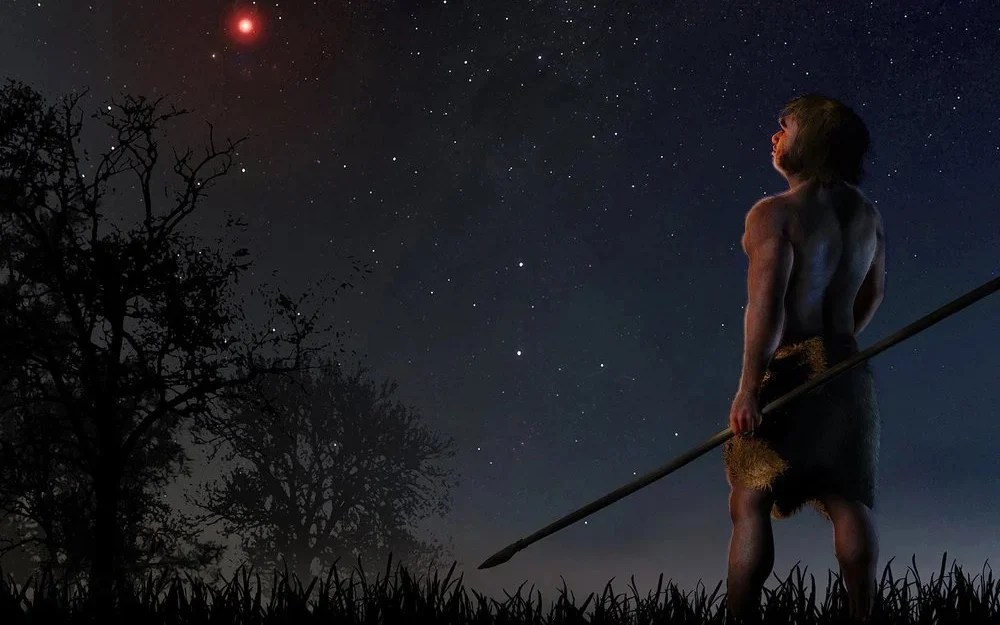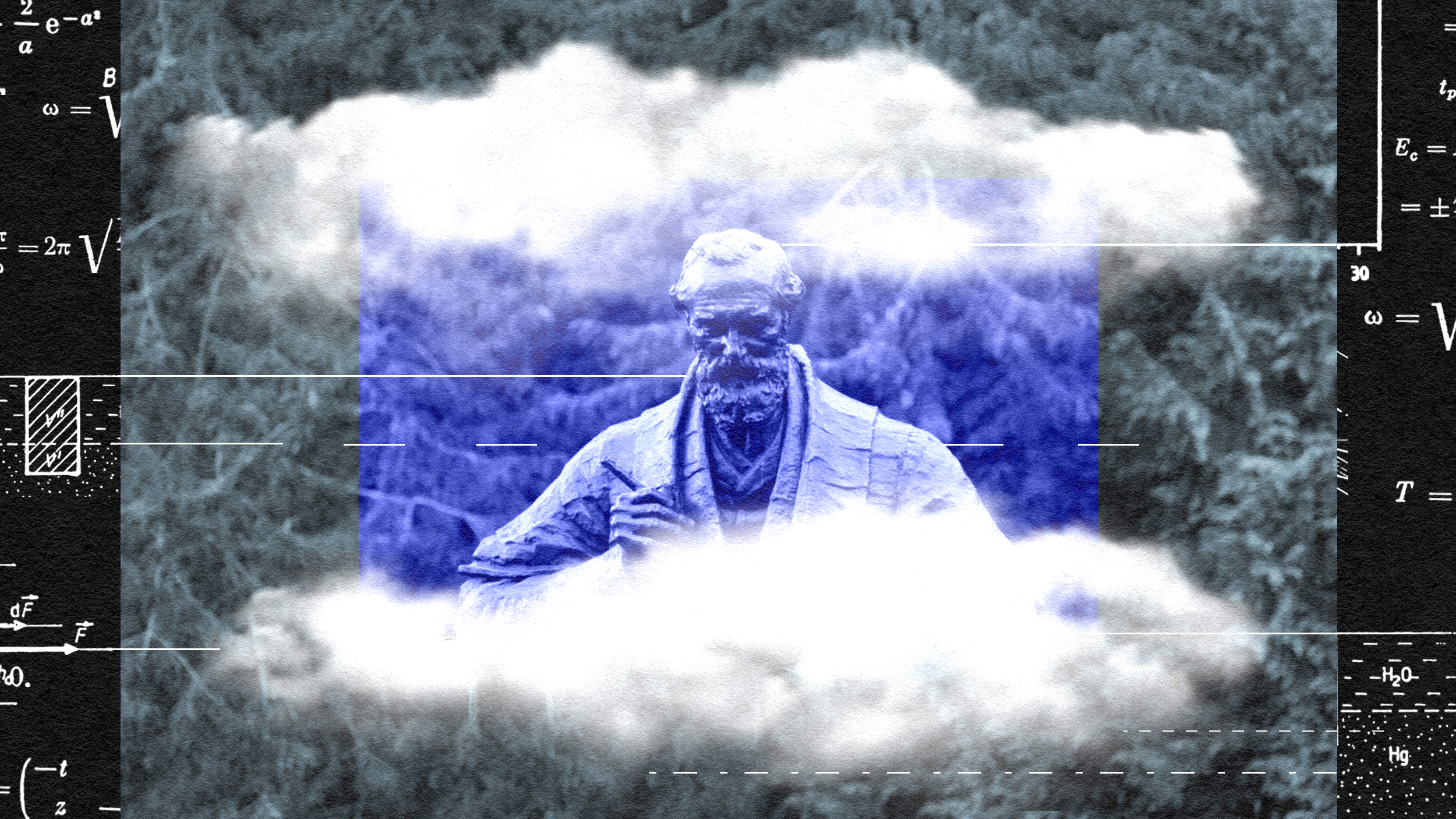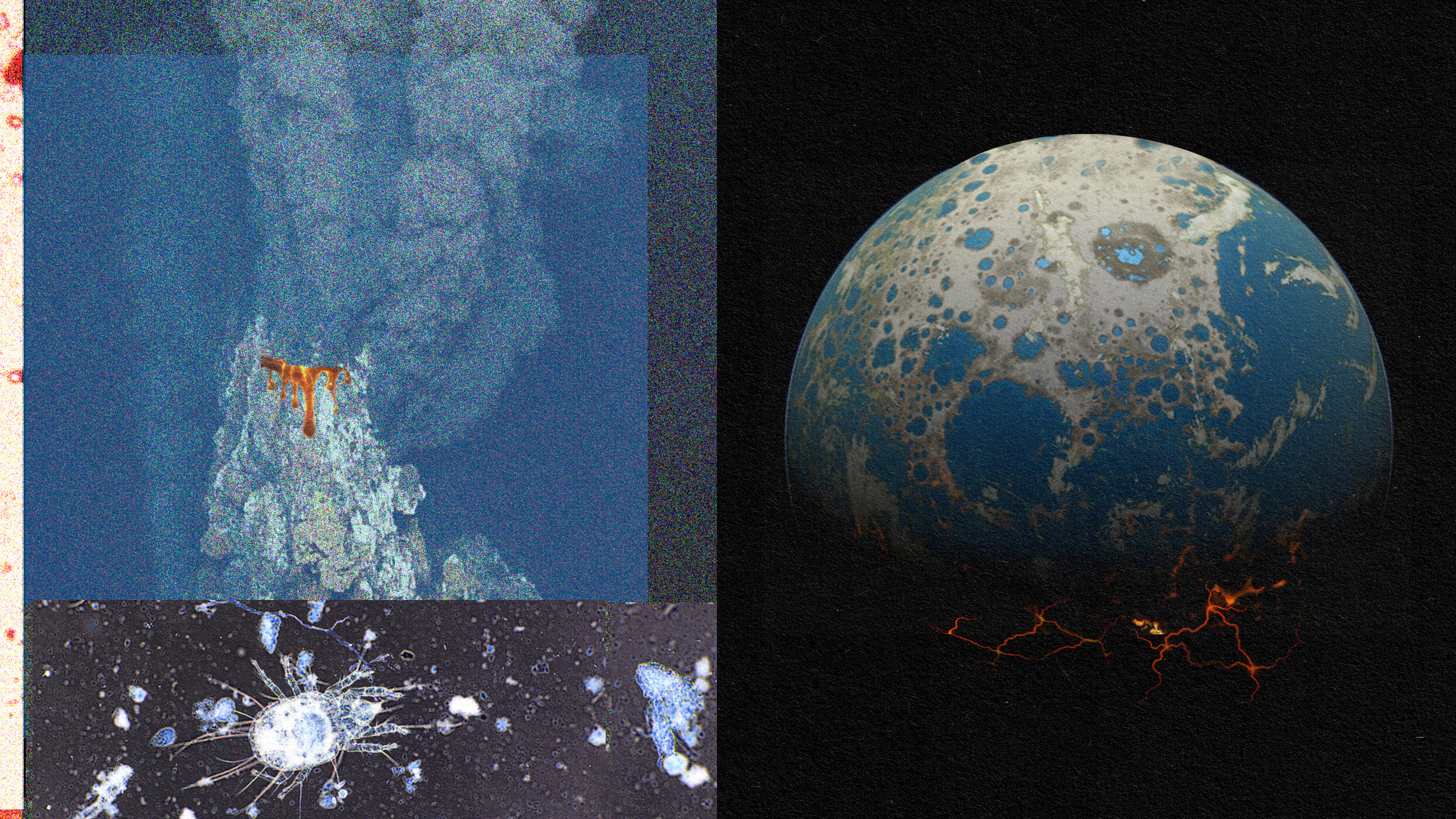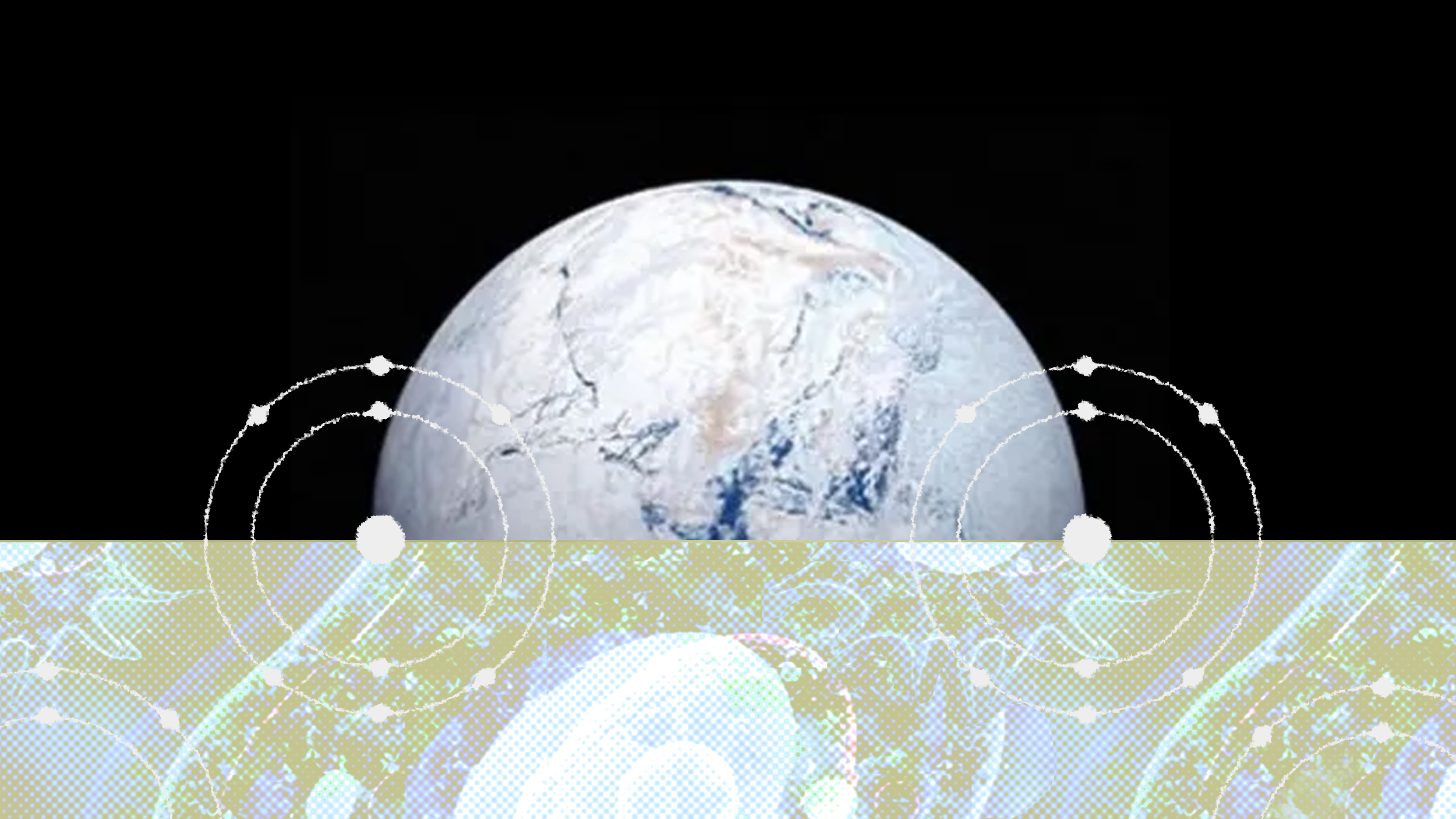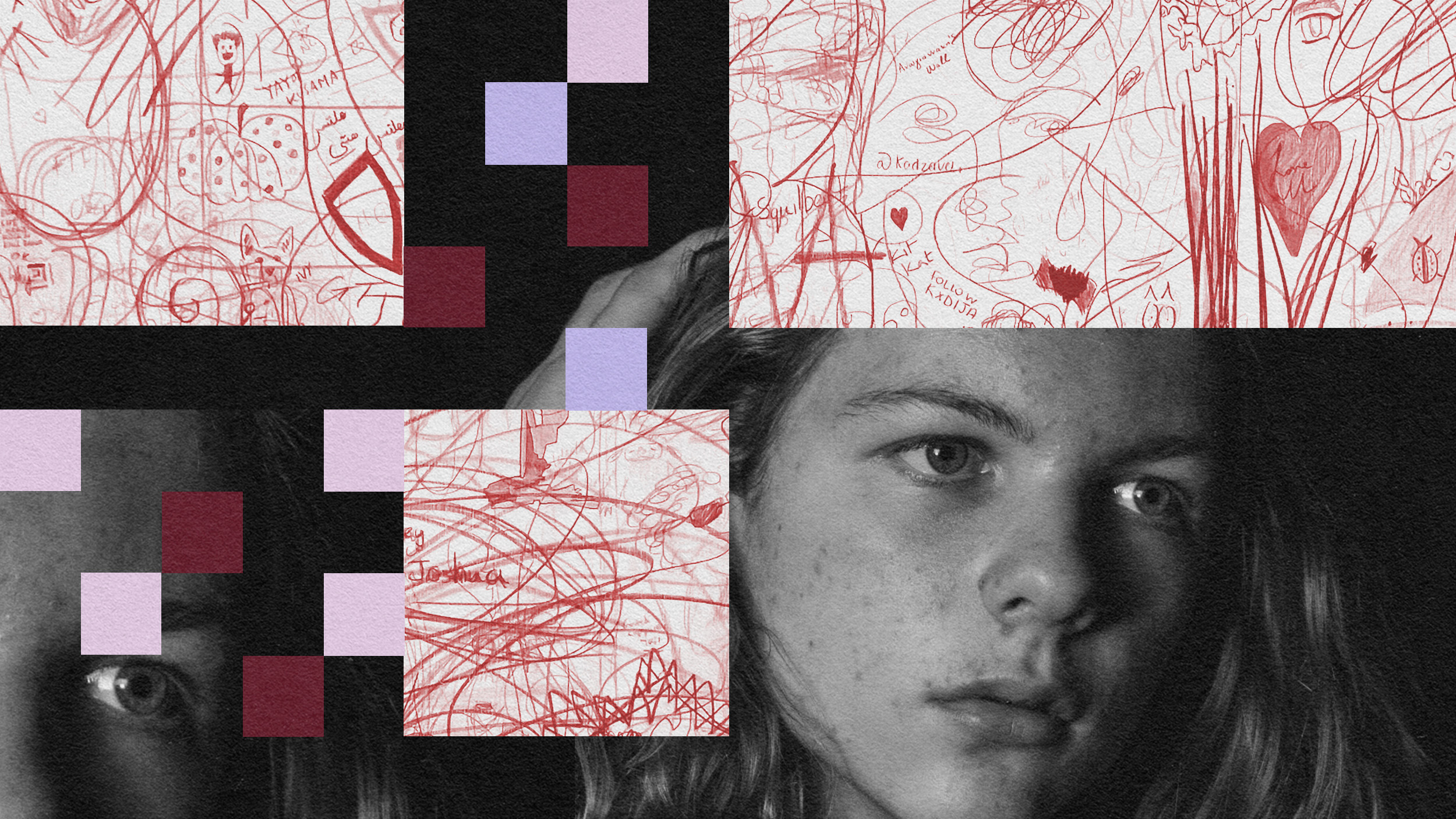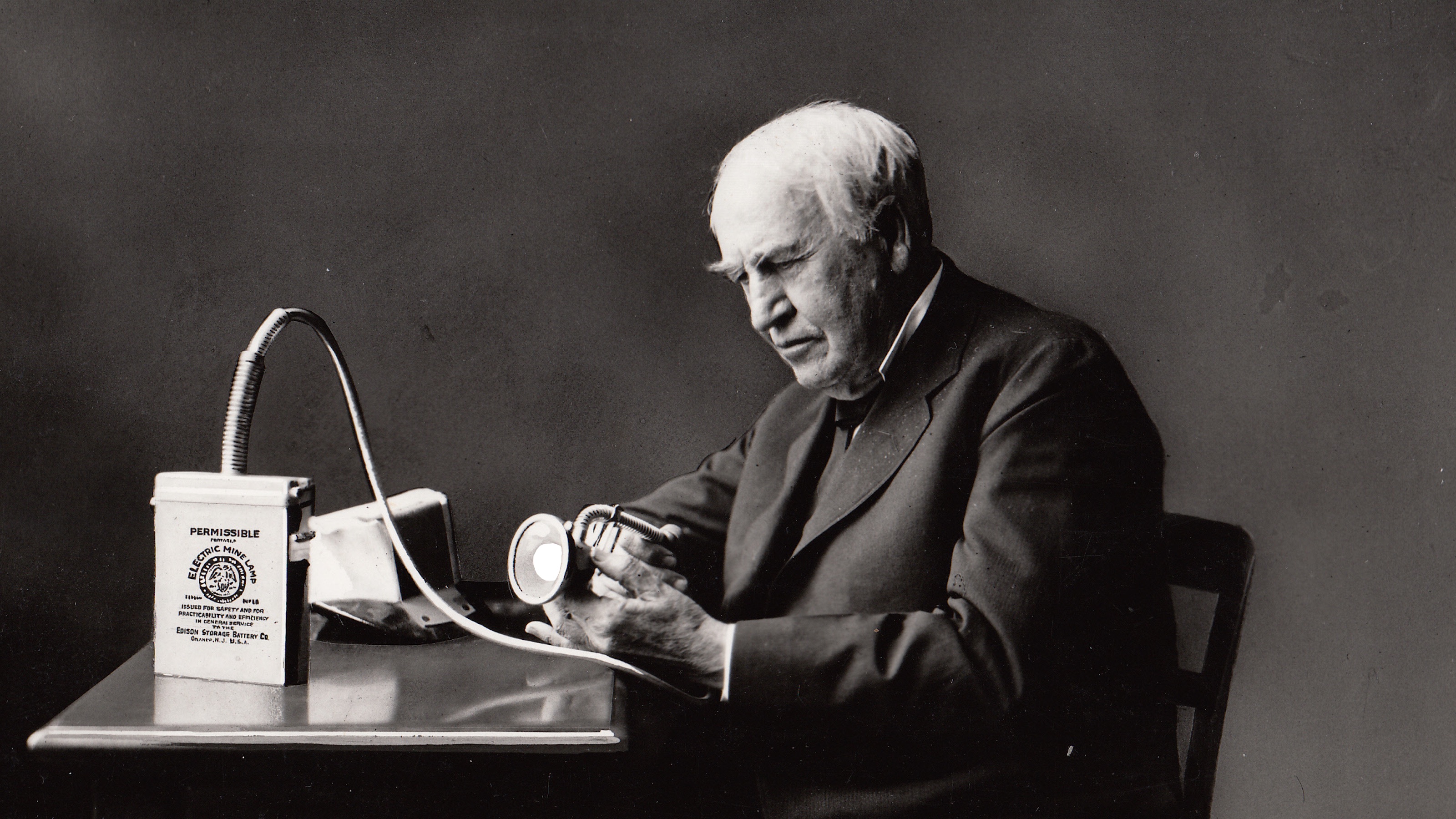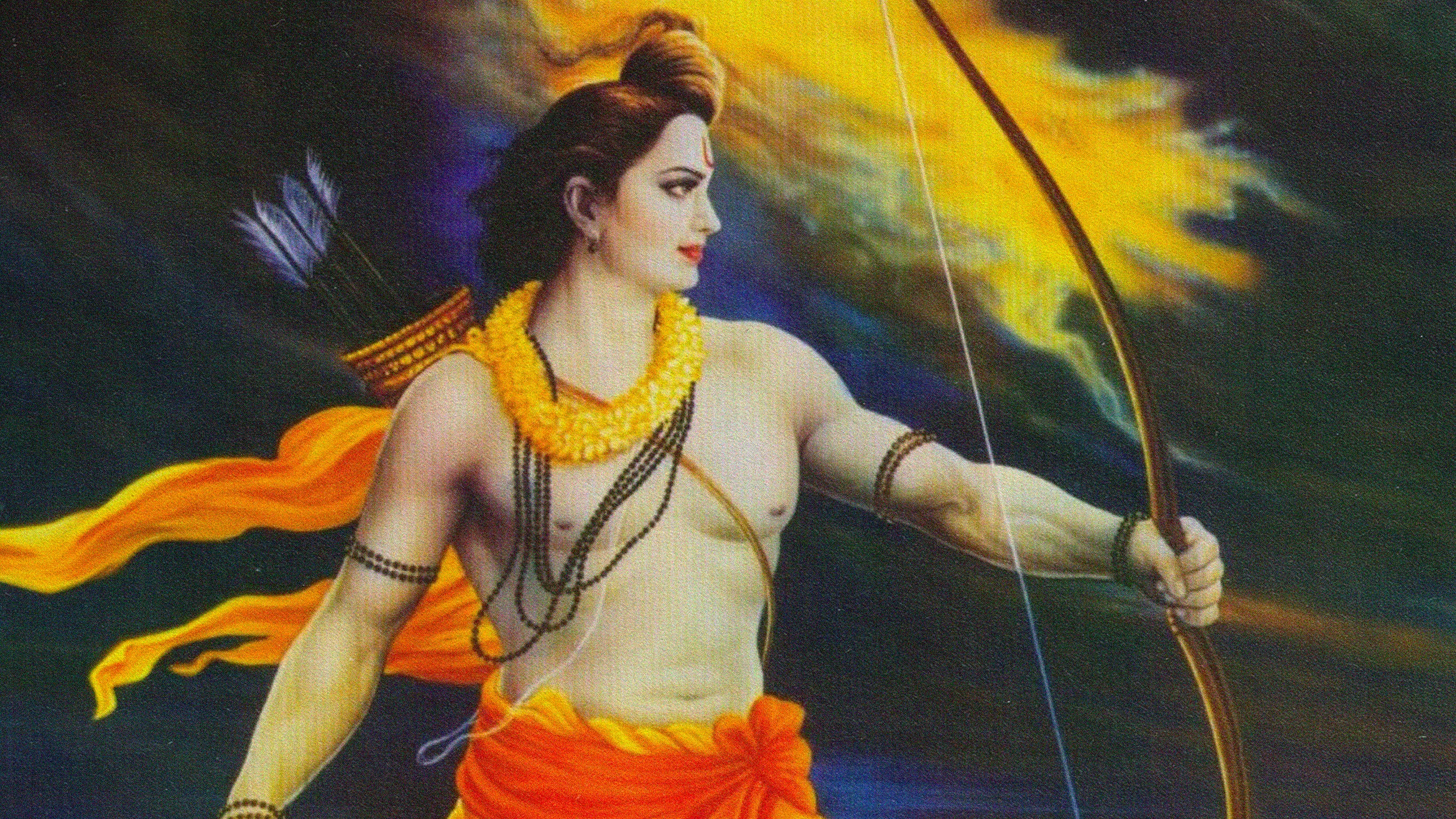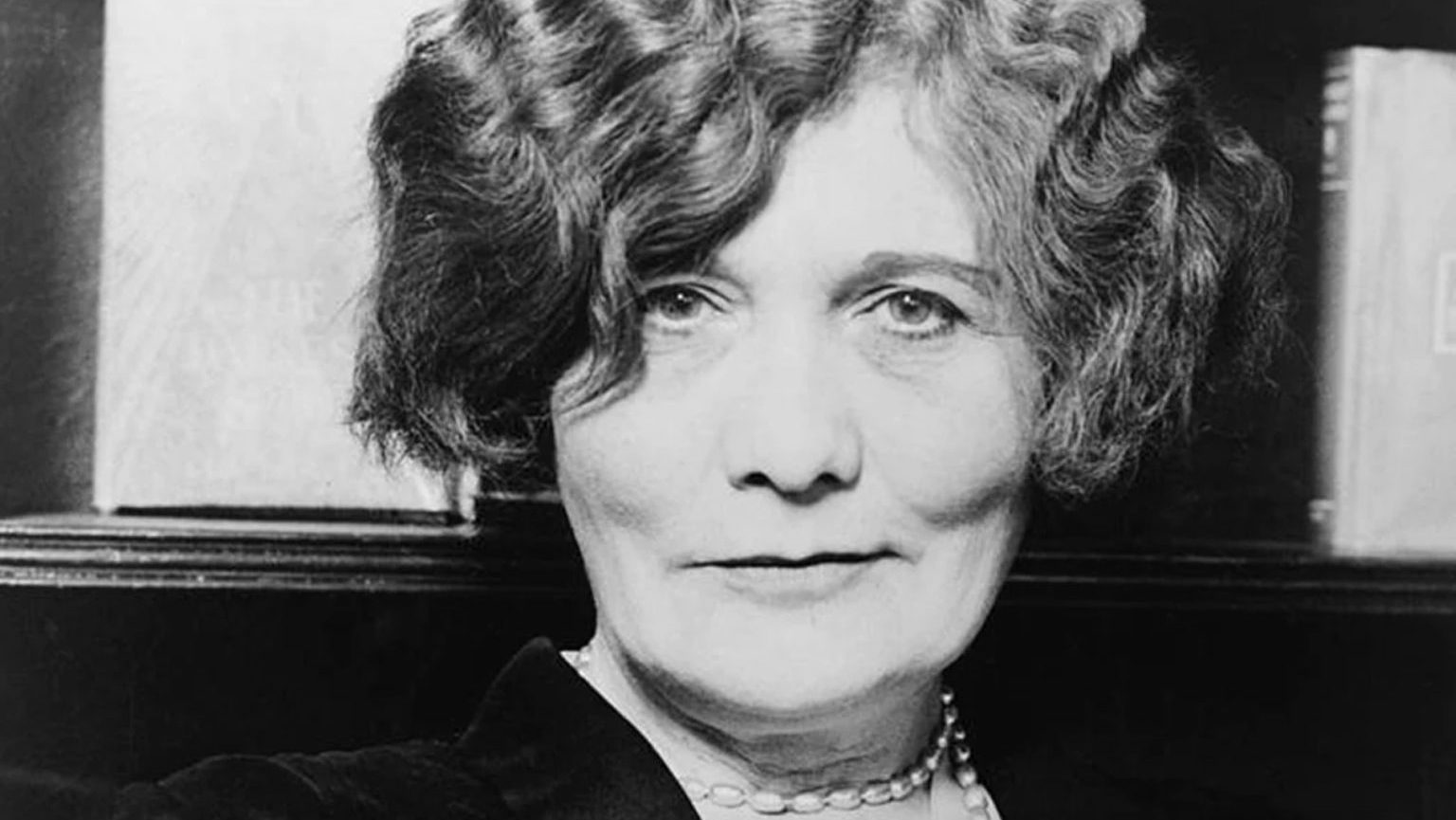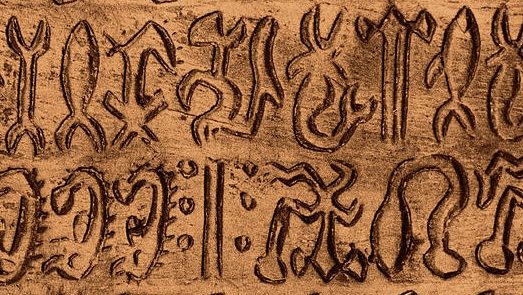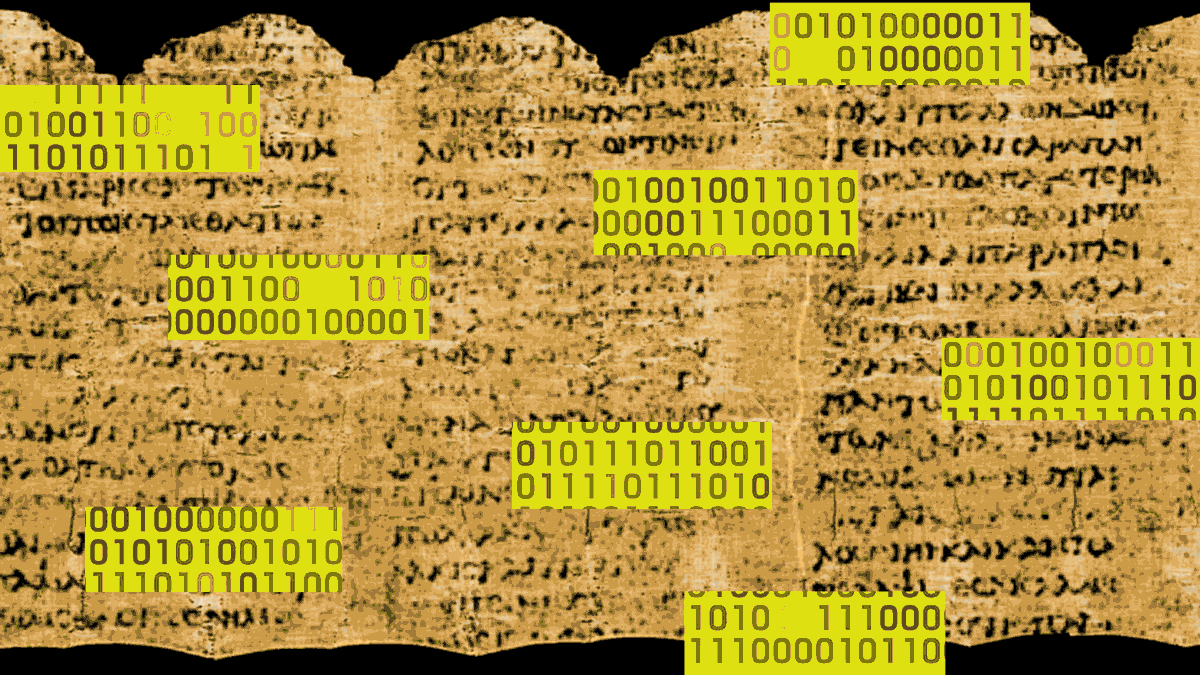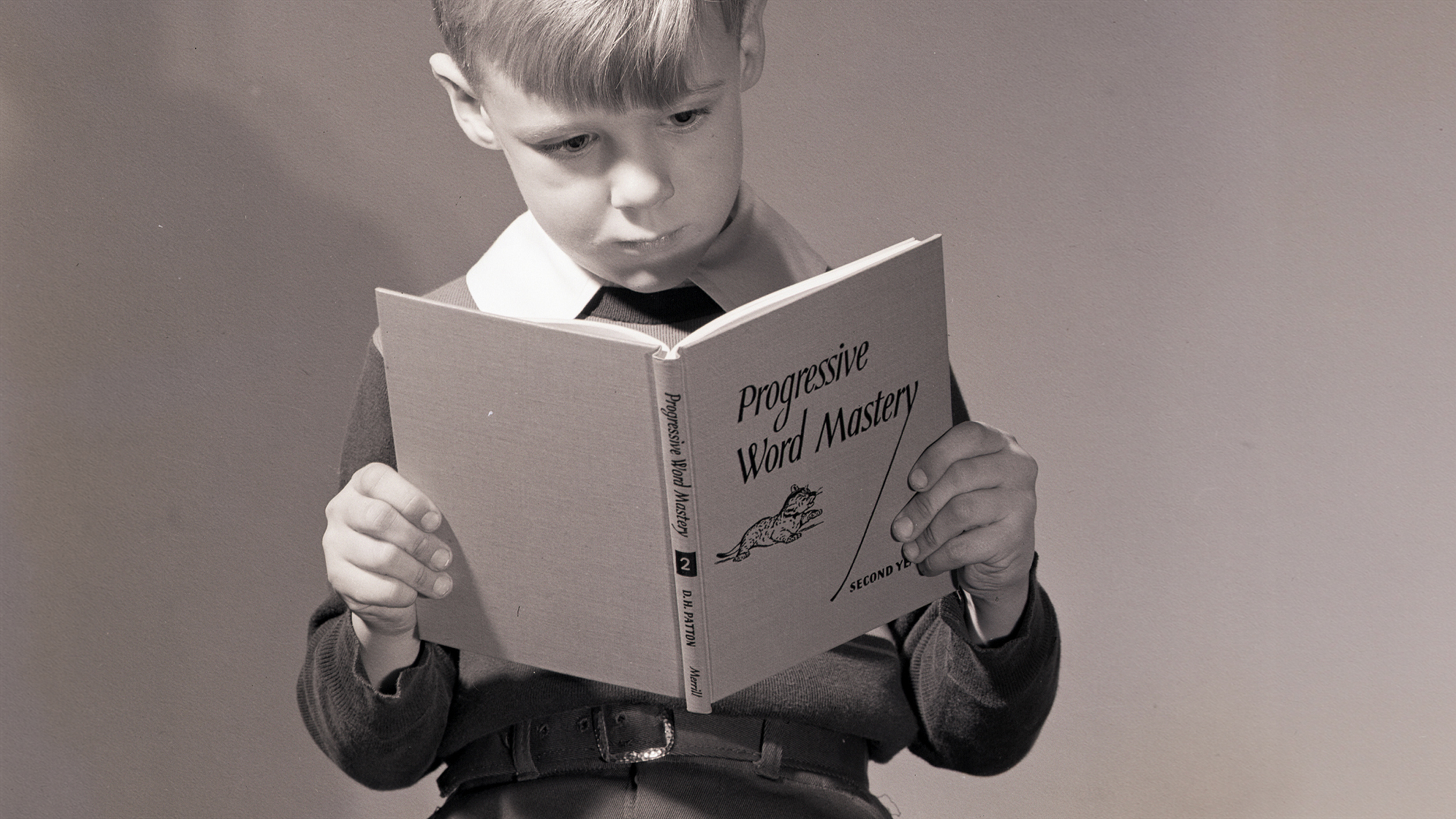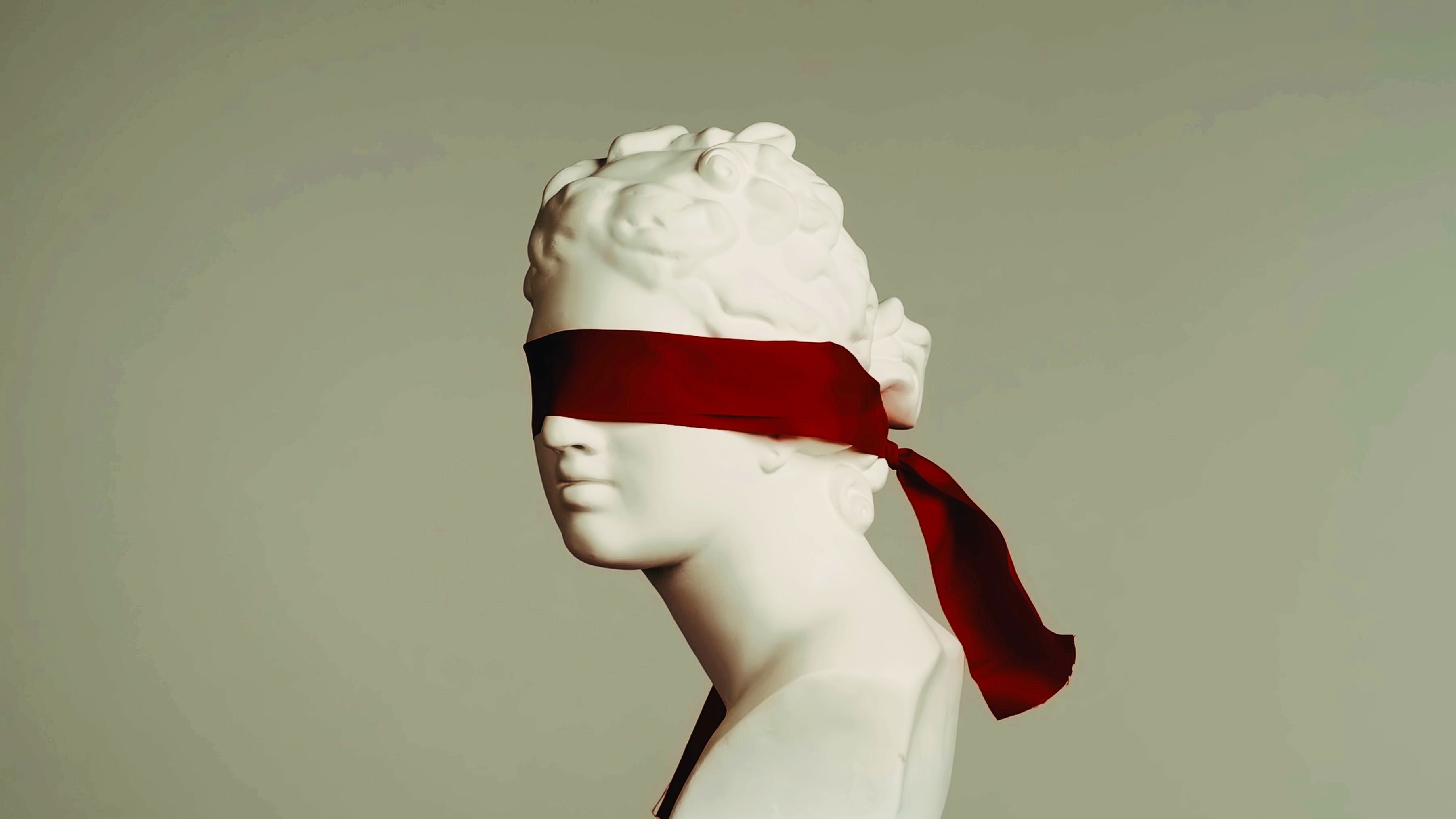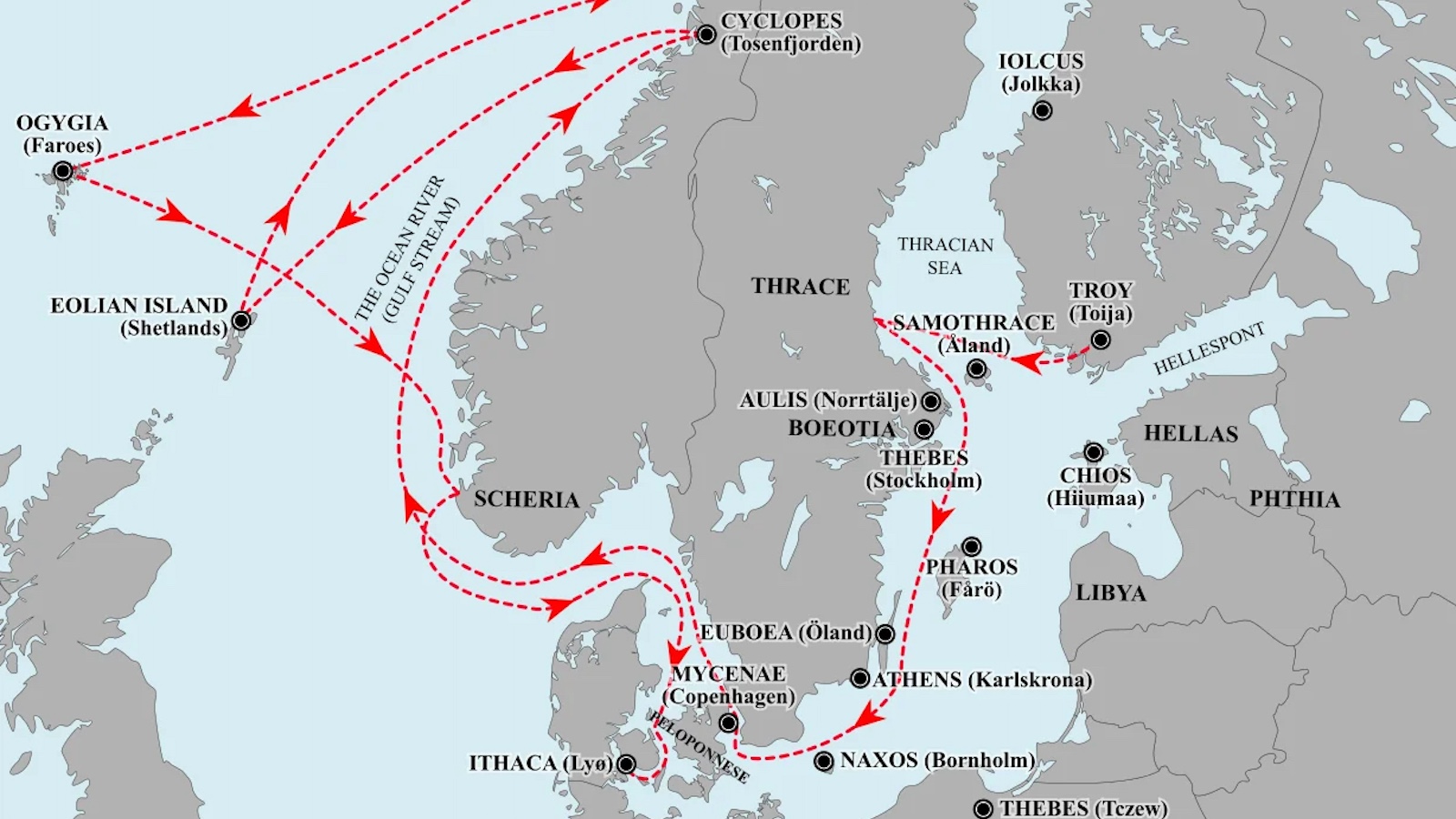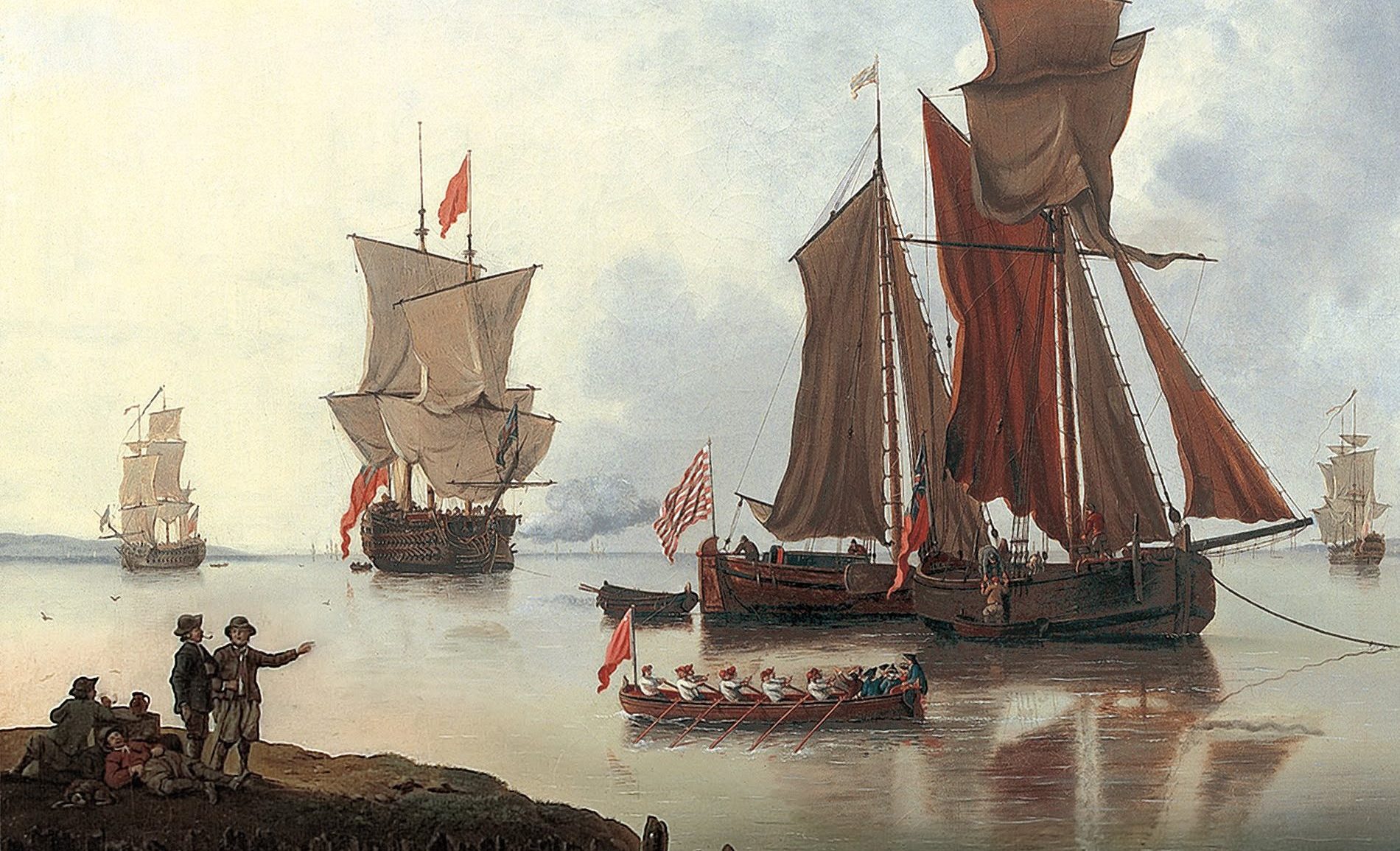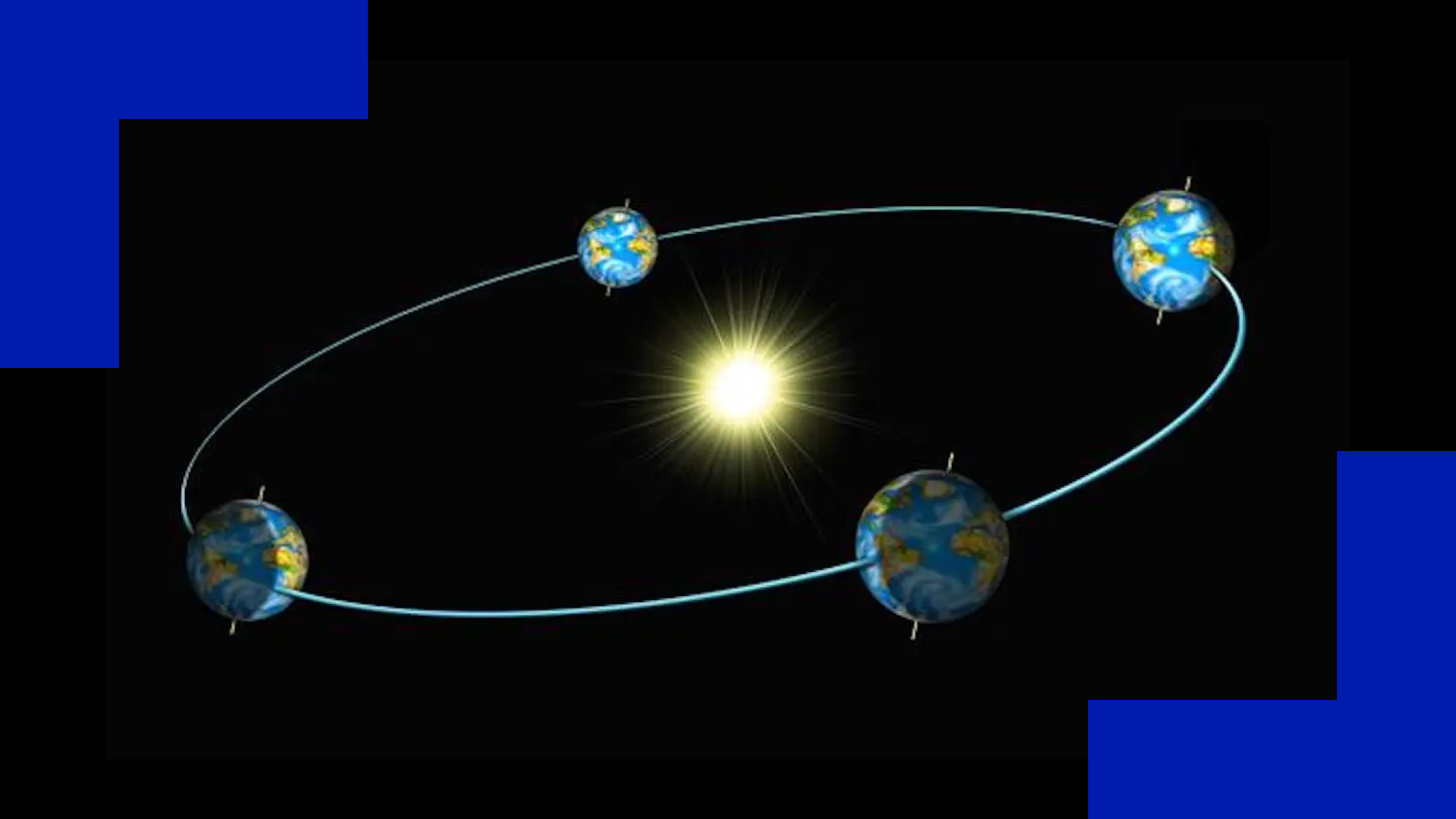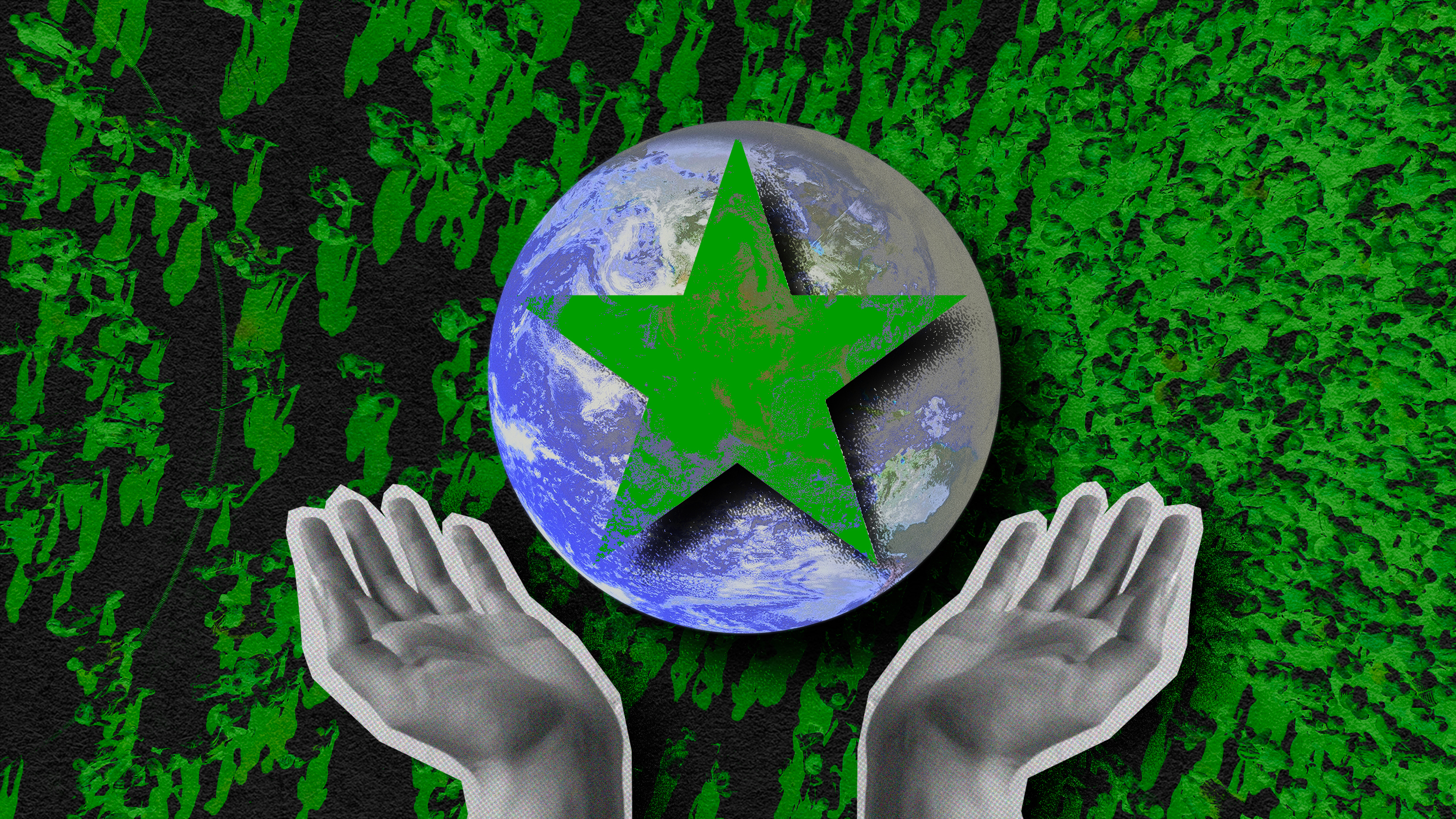history
Japanese thought can’t be easily characterized by just a few books — but this essential guide is a great place to start.
“Hardcore History” host Dan Carlin recently spoke with Big Think about the history of humanity’s drive to create — and whether or not we can control it.
This map samples some of the digits that make up the DDC system, invented by the brilliant but flawed Melvil Dewey.
Although human beings arrived on Earth just ~300,000 years ago, we’ve transformed the entire planet completely. Here’s how we did it.
From before the Big Bang to Voyager 1, particle physicist Harry Cliff takes us on a whiz-bang tour of the Universe’s evolution.
Despite billions of years of life on Earth, humans first arose only ~300,000 years ago. It took all that time to make our arrival possible.
Lord Kelvin is thought to have said there was nothing new to discover in physics. His real view was the opposite.
On the morning of April 20, 1961, all conditions were “go” for an attempt at free flight. A man was on standby with a fire extinguisher. Just in case.
For billions of years on Earth, life was limited to simple unicellular, non-differentiated organisms. In a mere flash, that changed forever.
Known as the Great Oxygenation Event, Earth froze over as oxygen accumulated in our atmosphere, nearly driving all life extinct.
Attention deficit hyperactivity disorder has been a controversial diagnosis since it was first described, back in the 1940s.
Plagues, war, and genocide were literally frozen in time.
Dennis Klatt developed trailblazing text-to-speech systems before losing his own voice to cancer.
During the industrial era the cost of artificial light fell off a cliff — and the road to illumination was paved with ingenuity and slaughter.
Autocrats like Xi Jinping and Vladimir Putin fear democracy, yet go to great lengths to present themselves as democratic leaders.
Joseph Campbell argued that nearly every myth can be boiled down to a hero’s journey. Was he right?
“Chicago May” was a classic swindler who conned her way around the world in the early twentieth century. She was also a sign of hard times.
A rift in thinking about who should control powerful new technologies sent the brothers on diverging paths. For one, the story ended with a mission to bring science to the public.
A small Ohio town tried to escape America’s addiction to rectangular grids. It didn’t last long.
The truth may be out there — but it’s not in these close encounters of the third kind.
Or are cults the religions we find distasteful?
New radiocarbon dating reveals astonishing insights.
These scrolls are the only remaining intact library of ancient Rome — and they will crumble at a touch.
The National Defense Education Act of 1958 meshed with white anxiety about the desegregation of schools.
Here’s the case for why science can’t keep ignoring human experience.
The Trojan War was fought in Finland and Ulysses sailed home to Denmark, says one controversial theory.
Big Think spoke with historian Marc-William Palen about the egalitarian aims of the free-trade movement in past centuries.
Leap day only comes once every four years, including in 2024. But the reason we have it, including when we do and don’t, may surprise you.
Esperanto was intended to be an easy-to-learn second language that enabled you to speak with anyone on the planet.
In 1924, sociologist and social reformer Caroline Bartlett Crane designed an award-winning tiny home in Kalamazoo, Michigan.
